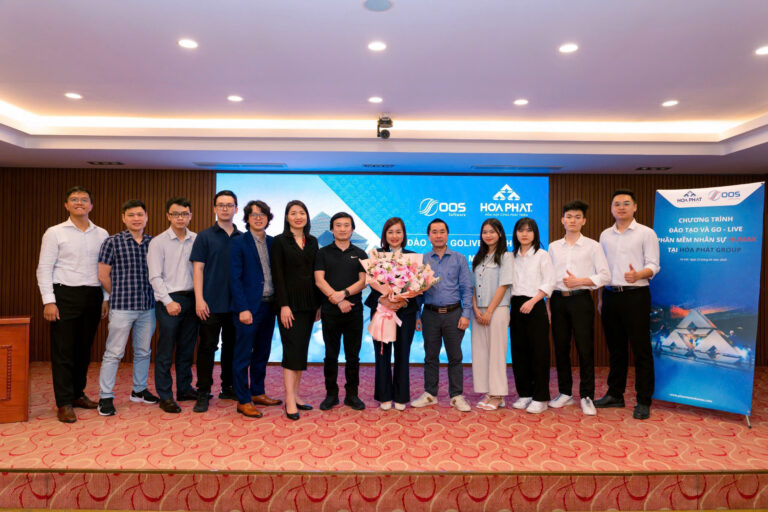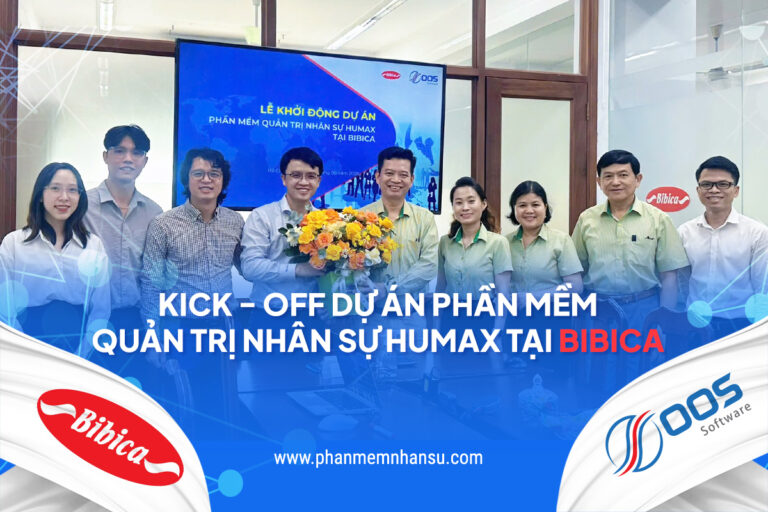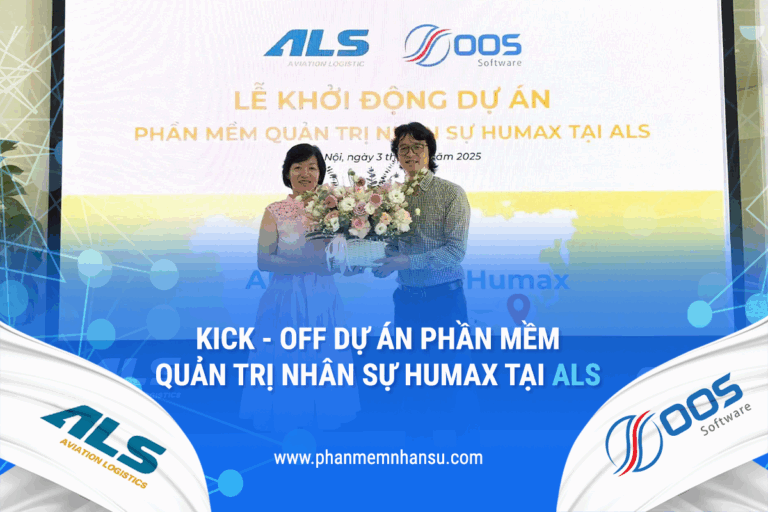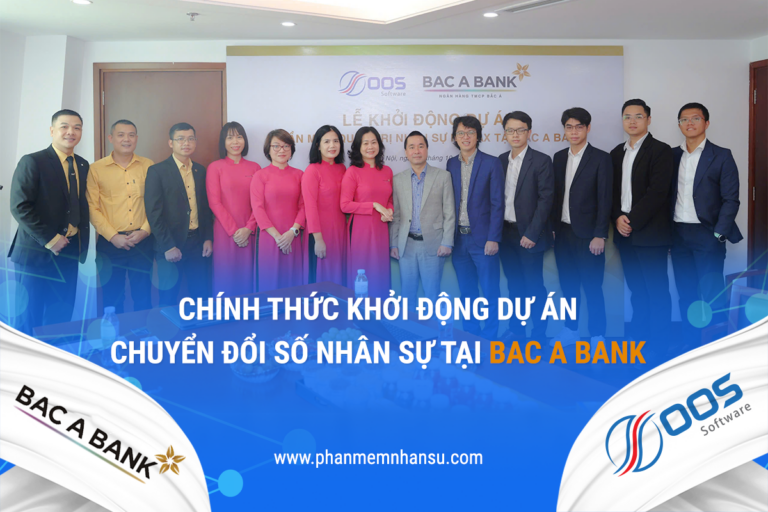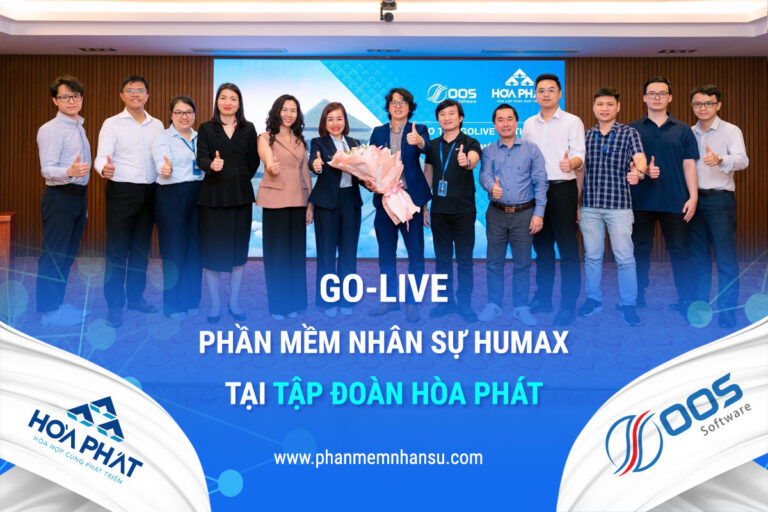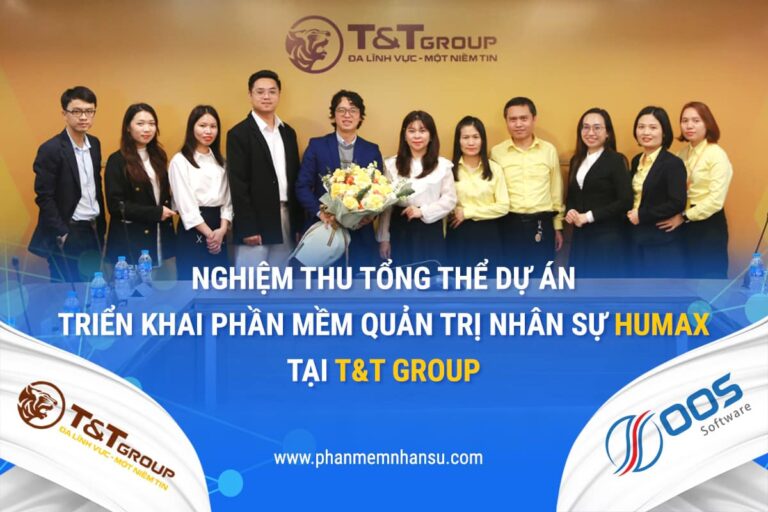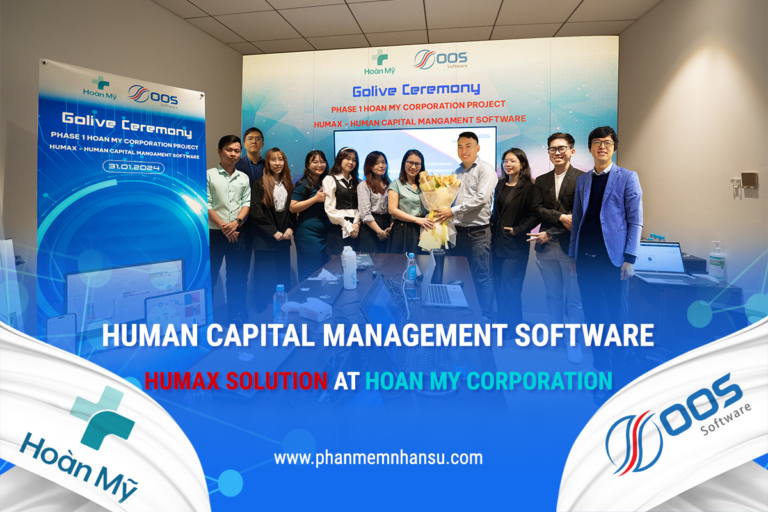In an enterprise, employee motivation is the internal factors that stimulate them to work actively to create high productivity, towards achieving the goals of the employer.
Any organization wants employees to complete their work with high efficiency. However, in reality, there are always employees working in a state of sluggishness, lack of interest, indifference to work, leading to low performance results, besides those who work enthusiastically and enthusiastically. , has good job performance results. Researchers have shown that the key to the above problem is the work motivation of each person.
Motivation to work
Work motivation is the psychological process that orients an individual towards a certain purpose, usually an internal impulse. In an enterprise, employee motivation is the internal factors that stimulate them to work actively to create high productivity, towards achieving the goals of the employer.
Work motivation is tied to the specific job, organization and working environment. Manifestations of work motivation are willingness and passion for work, desire and voluntary dedication. Of course, productivity and work efficiency also depend on many other factors, such as employees' ability, means and resources to do the job… One can clearly see the extent of the impact of motivation. individual employee performance to improve organizational performance.
Because of the importance of this field, many scholars and economists have studied aspects related to motivation, work motivation and employee motivation. The theories on the hierarchy of needs of Abraham Maslow, the theory of two factors of Frederick Herzberg, the theory of expectations of Victor H. Vroom... are no longer strange to students of economics.

There are many factors that affect employee motivation in a business. Externally, it is the socio-economic - political - social conditions of the whole country and of the locality, the laws and policies of the state, the characteristics and structure of the labor market, the position of the industry, as well as as motivational policies of other organizations.
Factors belonging to the enterprise include development goals and strategies, leaders' views on motivation, production and business situation, etc. Personal factors of employees, such as needs Each person's needs, goals, and personality also contribute to their work motivation. Among them, the leadership's perspective on motivation, reflected in specific policies implemented in enterprises, plays the most important role.
Create and enhance work motivation
Good motivation will help employees have a positive spirit, attitude and behavior in all activities of the organization. The most obvious manifestation of the degree of change in employees' behavior and attitudes includes their sense of discipline, their level of commitment to the organization and their satisfaction, leading to the quality and effectiveness of work. .
To create motivation, every business must first identify the needs of its employees, know what they want, and then choose the right methods to best meet those needs. The survey data helps managers understand employees' attitudes and opinions to make sound operating decisions as well as solve problems related to their dissatisfaction.
Material compensation is the most important tool for creating and enhancing employee motivation. Salaries and allowances are not only the main income, but also represent the prestige, status and value of each employee's contribution.
The salary scale system or salary policy must be commensurate with the work results, ensure the employees' lives, be consistent with the common ground of the labor market, and be fair among employees and between ministries. departments within the company, as well as regularly reviewed and adjusted to match employee progress. On the other hand, the bonus policy needs to be transparent, reasonable and fair so that employees can clearly understand the bonuses they receive.

Benefits programs must clearly demonstrate the company's interest in employees. Fully implement a number of necessary welfare regimes such as seniority allowance policy for employees after leaving or retirement, accident insurance policy while working, preferential loan policy for other needs. legitimate and urgent needs when employees face difficulties, policies to support tuition fees for children of employees in difficult circumstances...
However, methods of motivating work through mental stimulation are equally important. For example, in addition to the rewards such as money, benefits, promotions, recognition, status symbols, and praise that an employee receives from others, there are intrinsic rewards as a result of experience. from within the individual such as a sense of accomplishment, a sense of esteem, and the fulfillment of a desire for self-actualization.
Managers need to know how to design and assign work to suit their capabilities, assign the right people, the right jobs, and at the same time must find ways to create conditions for employees to participate in activities so that they realize I am an important member of the company.
The training and development of human resources as well as creating opportunities for promotion and promotion meet the self-improvement and respect needs of employees, thereby boosting their work motivation. These methods are very diverse, the choice depends greatly on the creativity of the administrator and the specific context of each business.
Source: Saigon businessman

